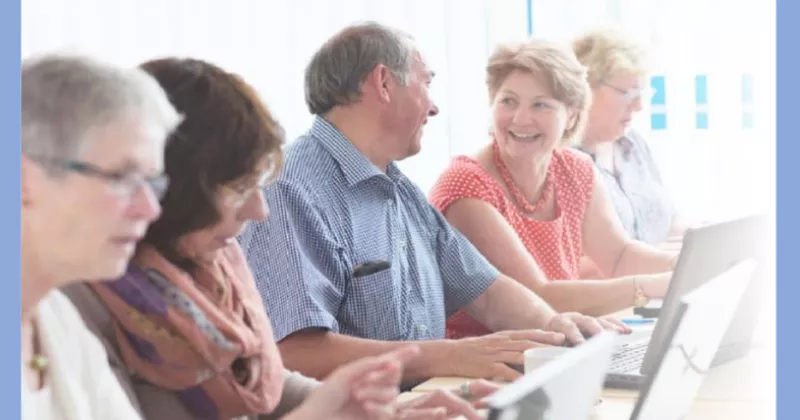EPALE focus: Social media in adult learning

EPALE’s thematic focus for February is social media in adult learning.
There are a lot of educators and trainers who at best see social media as a means of entertainment, and, at worst, as a source of distraction for learners. But with over 3 billion people around the world using social media, the attractiveness of community platforms and social networks is undeniable. This is why the topic of using social media in education to make learning more interactive and engaging is becoming increasingly popular.
Social media can be used as a tool for peer-to-peer communication not only by learners but also by teachers and trainers. It can also improve teacher-learner communication or help to make teaching approaches more interactive. Its primary role is to facilitate access to information, which makes it a useful tool for non-formal and informal learning as well.
Here at EPALE we appreciate social media’s potential for adult learning. Check out the links below for some interesting resources on the topic, uploaded by the community and the national teams, and visit EPALE regularly in February for new content! |
Resources:
- Social media for low-skilled adults: New opportunities
- Mobile learning and social media in adult learning
- Reflection of social media in adult education context in international projects
- Pedagogy-driven design of virtual learning environments
- Pathfinding for professional development for vocational teachers through virtual networking
- Toolkit for social web and interaction: Social media technologies for European national and regional museums






Digitalizācija